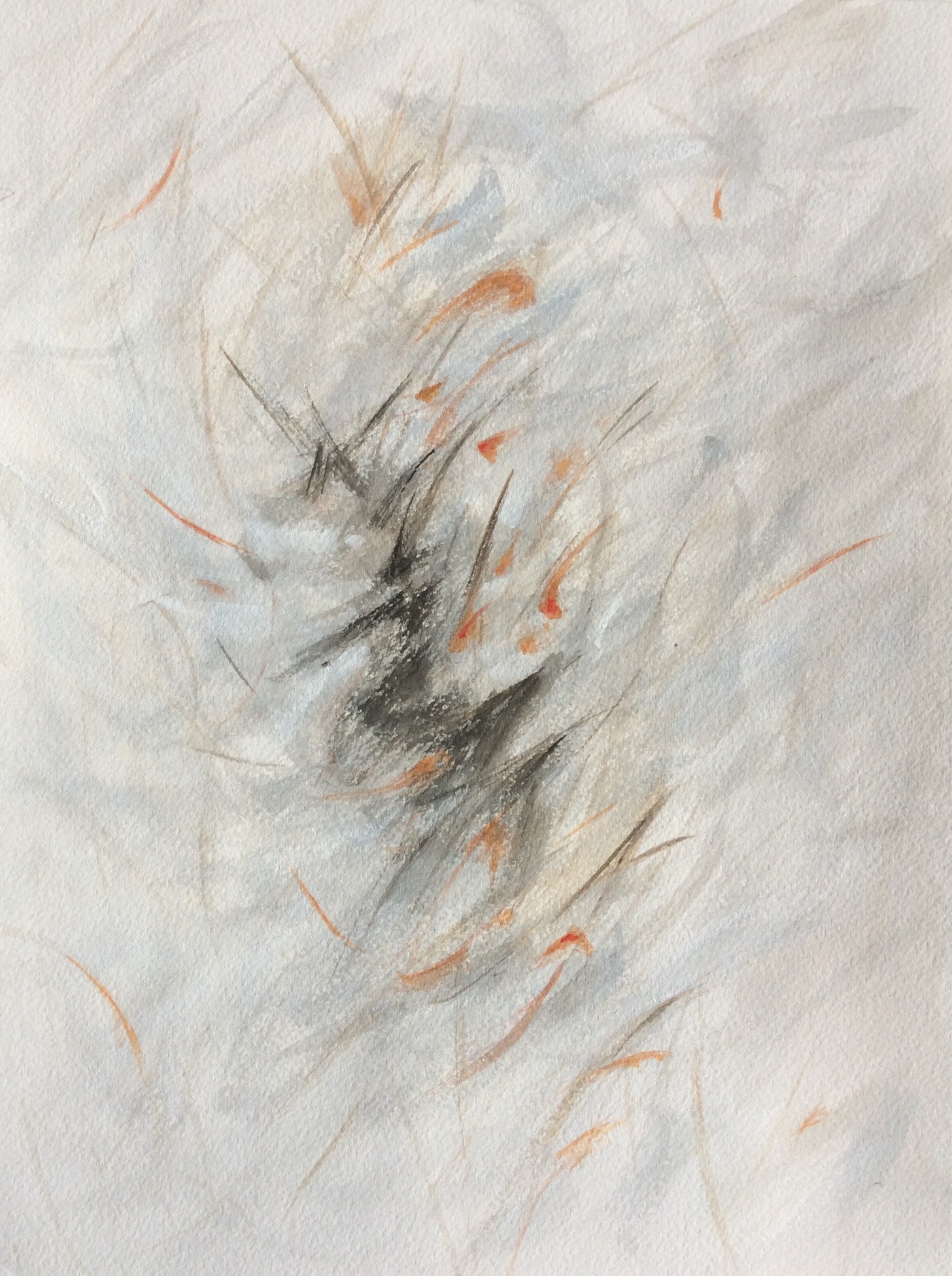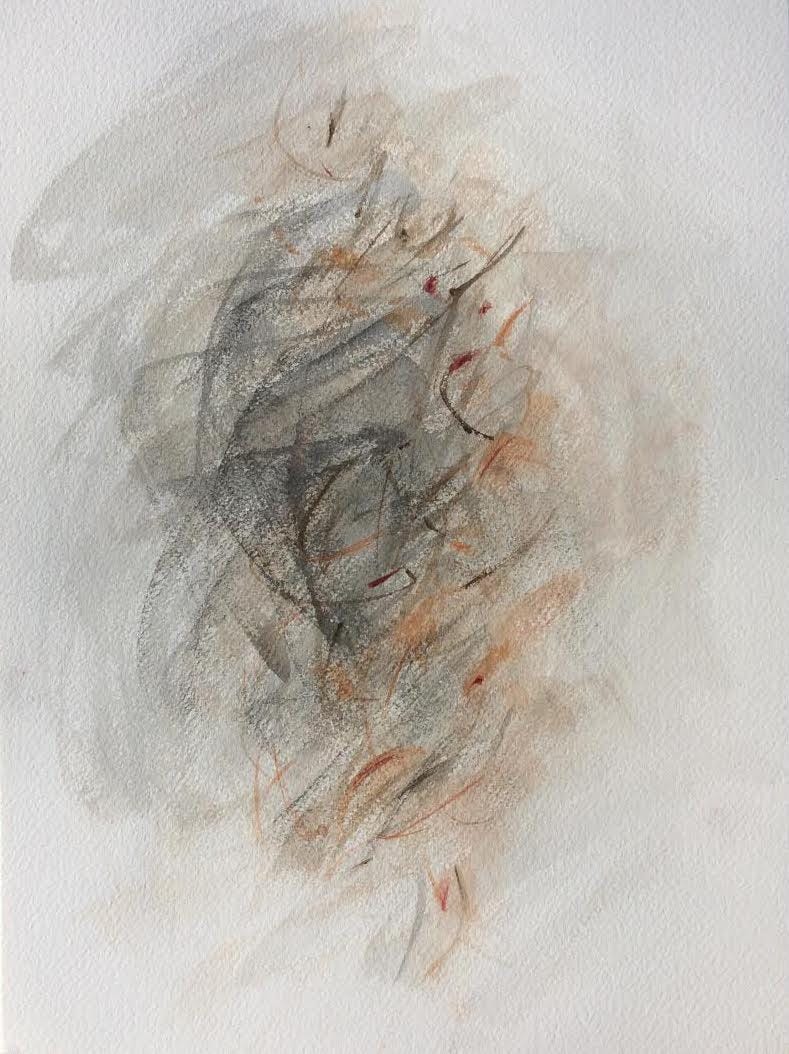
“Thanksgiving thoughts.”
Grounds for gratitude.
Rummaging around for something to be thankful for this apparently thankless season seems to be the favored flavor this Thanksgiving. The New York Times recruited the safely tame poets laureate of these United States to make some suggestions and got back useful, original thoughts such as “sunsets,” “the earth,” “food,” “resources,” and “each other.”
Not to be outdone, the Times’s very own Tom Friedman wants us—“us” being those who voted for Joe Biden on November 3—to be thankful that President Trump lost the election and all those legal challenges and that the sons and daughters of Trump voters may now shame their parents. Well done, Tommy, thinking large per usual.
Leaving those invested in Wall Street equities out of this, no reader needs to be reminded of all that has befallen us in this, our annus horribilis. The viral pandemic is the least of it. It is what Covid–19 has exposed about us and our way of life and our free-for-all economic system that we must truly rue. As I wrote in a series of three Consortium News columns last spring, we are simply not equipped to live sensibly or well in the 21st century. For those interested, said columns are here, here, and here.
Have a look at those poets laureate in the Times. Read carefully, they are tragically sad expressions of our depressed state—our desperation, indeed. I am of the view that if we are reduced to gratitude for food, shelter, and blue skies we are a people in very serious straits at the hands of corrupt pols and corporate profiteers who care nothing for the common man, he and she who are what is worthwhile in our collapsing republic.
Let us not “go there”—that awful expression from the turn of our century or so. Let us leave the mourners to their mourning. Let us remind ourselves that our circumstances, our present at any given moment, is ever dynamic, never static. Let us consider those ways we are moving in the right direction and those things for which we can be authentically thankful, no need for Hallmark card drivel to see ourselves through.
I leave readers to their own lists. Here I offer two entries on mine. They are closely related.
MAX HORKHEIMER, friend of Adorno et al. and a prominent figure in the Frankfurt School, published a book in 1947—the year the Cold War can be said to have begun, please note—called Eclipse of Reason. We live in the world Horkheimer foresaw. Thought is instrumentalized to serve ideological orthodoxy. Means and ends are hopelessly balled up. Contemplation is beyond us. We have no memory. All we do is “pragmatic,” of the moment alone. We drown in propaganda as purveyed by the very institutions assigned to keep us clear of it. Our political life is reduced to spectacle.
And amid all this, what?
Amid all this we can celebrate those few among us who keep the flame of reason flickering—who keep alive, this is to say, those principles that will get us through this Age of Endarkenment if we are to get through it. Rational inquiry, discernment (autonomous thinking, as per the Jesuit meaning of this term), disinterest, a dedication to what is true without regard for what the truth will turn out to be.
It is true that those who uphold these principles without flinching from the price they bear are something well short of a majority. They are rare, fair to say. But you cannot count them on one hand, either. They are more numerous than one might think and their number grows as we speak. Critically, so does their influence, in my estimation.
I am thinking here of what we can call the custodians of our public discourse—those who know propaganda when they see it, those who work on the basis of evidence (and insist on it in its true form), those who call liars liars when liars confront them—those altogether who show a true dedication to the truth of things and to the thought that genuine understanding is the best we can do for one another.
No list of worthy work in this line can be complete—there is simply too much of it coming out now, an excellent thing. What follows is little more than cursory. My colleague James Carden helped put together what follows, which I present in no particular order. The subject line on James’s note reads, “My nominees for best journalism/commentary of 2020”:
¶ Aaron Maté’s work on the scandal at the Organization for the Prohibition of Chemical Weapons, published in The Grayzone, was simply nonpareil. It is here. By implication, Maté also exposed the second OPCW scandal—the mainstream press’s complete blackout of Washington’s corruption of what is supposed to be an independent investigative agency. This tireless man is also to be recognized for his superbly granular dissection of the Mueller report on “Russiagate”—and, again, his work revealed our corporate press’s disgraceful lies and obfuscations.
¶ Max Blumenthal has done outstanding reporting on Venezuela for much of the past couple of years, at times singlehandedly countering the thick-as-a-brick propaganda dedicated to distorting events on the ground and obscuring Washington’s (barely) covert coup operation and the illegal, profoundly inhumane policies that go with it. Here I make an exception. This interview with President Nicolás Maduro was conducted in August 2019 (and taped by Ben Norton). It speaks for itself, and very well of Blumenthal’s dedication.
¶ The inimitable Caitlin Johnstone, the Melbourne Marvel, nailed like no other the silly-sad fraud of American feminism—How did it come to this?—when reviewing President-elect Biden’s “diversity” appointments in (splendid head) “Imperialism in pumps.” That piece is here. Others in the same line are here and here.
¶ Michael Lind, out there at U.T.–Austin, wrote a groundbreaking analysis of China’s rise and the consequent “Age of Dealignment.” An excellent take on the inevitability of a multipolar world order. Clear sight and good sense triumph over globalony. Lind’s essay is here.
¶ David Hendrickson, the noted historian and international relations scholar, published a fine piece in Raritan last summer—the ultimate takedown of neocon ideologue Robert Kagan, as James nicely encapsulates it. It is not only acutely reasoned and significant well beyond Kagan: It addresses the neoliberal error altogether. Excellently, cleverly written, it is a fun read. Hendrickon’s piece is here.
¶ Anatol Lieven the British author, journalist, and now Georgetown professor, published a perspicacious analysis of the West’s decline (my phrase, not his) in Prospect last summer. Lieven argues cogently that the Atlantic world punted its Cold War victory. Excellent, extended take. It is here.
¶ Kelley Beaucar Vlahos took on the Marines’ four-start generals in a piece for Responsible Statecraft, the Quincy Institute’s web publication, last summer. Vlahos unwrapped one of the very strangest phenomena of our time: How can liberal Americans lionize people such as Michael Hayden, who oversaw the NSA’s illegal wiretapping program and the militarization of the CIA into “a counter-terror interrogation and drone assassination machine”? As Vlahos astutely puts it, “What a difference a few years and a Donald Trump makes.” Her piece is here.
¶ Censorship is a ghastly beast attacking us all—even those who cheer it on. Matt Taibbi, another energetic scrutinizer of events, was all over it in his pieces on the Hunter Biden email mess and Twitter’s move to block the New York Post’s account. These pithy pieces are here and here.
¶ It was 10 years ago Saturday that WikiLeaks began publishing “Cablegate,” one of the most extensive releases in its 14 years of documentation. Fitting it is to mark the occasion with an excellent piece by Glenn Greenwald analyzing the use the CIA made of Barack Obama as—in fact, not in effect—a salesman for American wars and covert ops and all the rest on the sordid list. Greenwald’s outstanding use of a WikiLeaks document is here and not to be missed.
Let’s consider books as a separate category. I count two worthy of mention in a review of the year’s best work. They are both, in their different ways, retrospectives, looks back that explain how we got from there to here.
¶ Diana Johnstone, the noted correspondent long resident in Paris, brought out A Circle in the Darkness early this year. I took the occasion of her compelling memoir to conduct one of my extended Q&A interviews. As I wrote at the time, “The book is a moving, incisive, gritty, politically alert, and always humane account of Johnstone’s long decades as a Europeanist.” Clarity Press published. My exchange with Johnston is here.
¶ Stephen Wertheim’s Tomorrow, the World: The Birth of U.S. Global Supremacy, just out, could scarcely be better timed. Wertheim gives us a clear, outstandingly well-executed history of America’s decision in the 1940s to consolidate its postwar primacy. Andrew Bacevich reviewed the book and called it a tour de force. Just what it is. Not to be missed.

READERS MAY NOTE the number of writers here who are practitioners in what we call independent media. This leads me to the second of the things I propose we celebrate this Thanksgiving season.
Mainstream media, The New York Times in the lead, all others following per usual, have made an ungodly mess of themselves during the Trump years, turning themselves into instruments of propaganda that would do Frank Wisner proud. Wisner, of course, was the CIA man who developed his “Mighty Wurlitzer”—his diabolically orchestrated organization of compromised newspapers, magazines, television stations, movie production houses, and on and on. The press simply tipped over after overinvesting so incautiously in the Russiagate silliness. And it cannot, as we speak, right itself.
This proves an immensely positive development for independent media. More and more of us recognize that we must read the Times and the other major dailies, and watch our nightly news, to know what we are supposed to think happened on a given day—and then go in search of what actually happened.
This places a burden of responsibility on independent media far outsized to their resources. But it also proves the greatest gust of wind at their backs they ever could have wished for. We should be grateful for this. Corrosion produces growth.
The place of independent media, their influence on our public discourse, will be ever larger and greater in years to come. This year has been key to this process, so far as I can tell. My profession betrayed me years ago, when its corruptions emerged in full flower. This was in the post–2001 years, and I have nursed a certain bitterness ever since. Now something very fine results: A press wherein people of principle and dedication can write what they know to be true, free of all intimidation, self-censorship, and all the rest. It makes for something one is thankful for at last.
With James Carden. Paintings: Cara Marianna.

